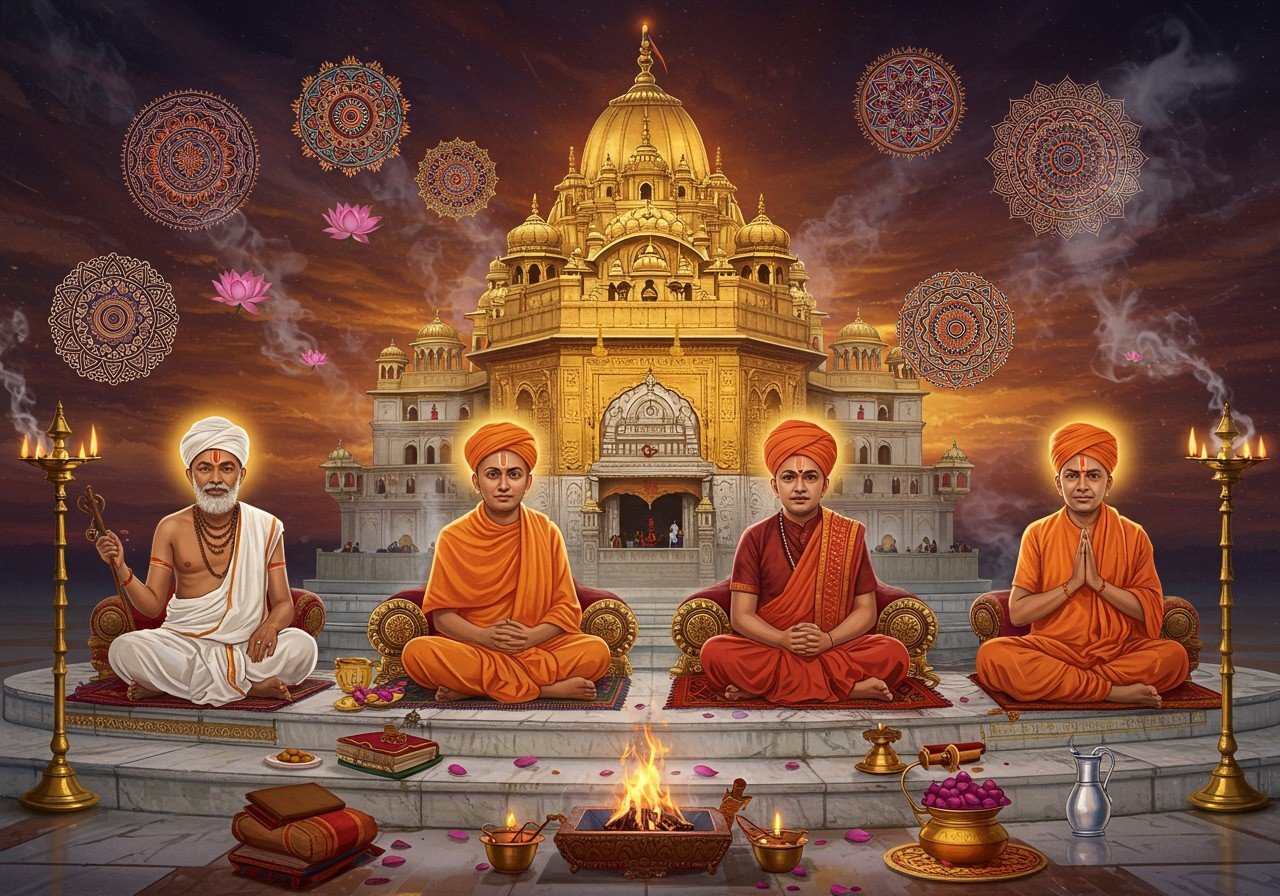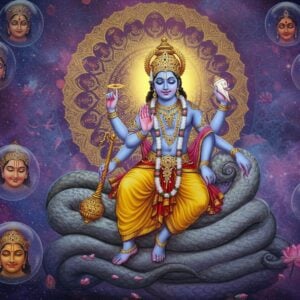
The term “Pandit” evokes a deep sense of respect in Indian culture. It signifies a learned scholar, a spiritual guide, a keeper of traditions. But what does it truly mean to be a Pandit? This exploration delves into the diverse interpretations of “Pandit” across various Indian languages and cultures, tracing its etymology, understanding its significance, and examining how these meanings resonate in our lives today.
Understanding “Pandit” in Different Contexts
The meaning and cultural weight of “Pandit” changes as we move across languages and regions. Let’s uncover these nuances:
Pandit in English
In English, “Pandit” is often used to describe a scholar or an expert, especially in the realm of Indian classical music or Hindu rituals. It can also refer to someone with deep knowledge in any field. Think of luminaries like Jawaharlal Nehru, often referred to as “Pandit” due to his intellectual prowess. However, the Western usage sometimes misses the profound spiritual and cultural depth associated with the term in India.
Pandit in Hindi
In Hindi, “पंडित” (Pandit) carries a heavier cultural significance. It primarily refers to a Hindu priest, a scholar well-versed in Vedic scriptures and rituals. They are the custodians of our sacred ceremonies, guiding us through important milestones like weddings, births, and funerals. The path to becoming a Pandit is a journey of deep learning, often rooted in family lineage and years of dedicated study. Today’s Pandits continue this sacred legacy, balancing ancient wisdom with the demands of modern life.
For all your puja needs and to connect with learned Pandits, visit poojn.in. We offer a wide range of authentic puja items and services.
Pandit in Marathi
In Marathi, much like Hindi, “पंडित” denotes a learned individual, deeply involved in religious and cultural ceremonies. Maharashtra’s rich history is interwoven with the contributions of revered Pandits who shaped its literature, music, and spiritual landscape. Even as society evolves, Marathi Pandits continue to uphold traditions while adapting to modern times. Cultural exchanges with neighboring regions further enrich the Marathi understanding of “Pandit,” weaving a vibrant tapestry of traditions.
Regional Variations and Cultural Significance
The term “Pandit” isn’t monolithic. Its meaning and interpretation vary beautifully across India’s diverse regions. Linguistic roots influence its nuances in Bengali, Tamil, and Telugu, each language adding its unique flavor to the understanding of the term. Pandits play integral roles in region-specific rituals and ceremonies. Local customs further shape their roles, creating a rich and varied cultural mosaic.
Discover authentic regional puja items and samagri at poojn.in. We offer a wide variety to meet diverse cultural needs.
Contemporary Relevance and Challenges
In today’s rapidly changing world, Pandits face the challenge of preserving tradition while embracing modernity. Technology is transforming how we connect with our rituals, with virtual ceremonies becoming increasingly common. Younger generations bring new expectations and perspectives on religious practices. Despite these challenges, institutions are working tirelessly to preserve the invaluable knowledge and skills of Pandits.
At poojn.in, we understand the importance of connecting with tradition in the digital age. We offer online resources and support to help you connect with qualified Pandits and access authentic puja items.
Ethical considerations also come into play, especially with the commercialization of religious services. It prompts important conversations about the role of Pandits in this evolving landscape. Finding the right balance is crucial for ensuring the integrity and authenticity of our traditions.
Connecting with Regional Pandits through poojn.in
Poojn.in understands the diverse cultural landscape of India. We are committed to connecting you with qualified Pandits across various regions and languages. We believe that preserving our traditions should be accessible and convenient.
- Multi-Language Pandit Services: We facilitate connections with Pandits who speak various languages, including Bengali, Hindi, Telugu, Tamil, Marathi, and Gujarati, catering to the diverse linguistic needs of our customers. This ensures that you can connect with a Pandit who understands your cultural context and can guide you through your chosen rituals with clarity.
- Regional Expertise: Our network includes Pandits specializing in diverse traditions, from North Indian Vedic rituals to South Indian Agamic ceremonies. We also connect you with specialists for regional festivals, local customs, and unique practices, ensuring authenticity and cultural sensitivity in every ritual.
- Easy Booking: Connecting with a Pandit is simple and hassle-free through poojn.in. Call us at 03369029784 or WhatsApp us at 9476142738. Just specify your language preference and ritual requirements, and we’ll match you with the most suitable Pandit.
- Related Products: We provide a comprehensive range of puja samagri kits tailored for specific regions and rituals. From customized puja sets to authentic regional items, we ensure that you have everything you need for your chosen ceremony.
- Extensive Service Coverage: We offer our services across major cities and towns in India. For those in remote areas, we provide online consultations and video call support, ensuring that everyone can access the guidance and support they need.
Embracing the Legacy, Shaping the Future
The role of the Pandit is a thread that weaves through the rich tapestry of Indian culture. It represents the enduring power of tradition, wisdom, and spiritual guidance. As they navigate the complexities of modern times, Pandits continue to bridge the gap between the past and the future, ensuring that our cultural heritage remains vibrant and relevant.
At poojn.in, we honor this legacy. We believe that by making authentic ritual items and expert guidance accessible, we empower individuals and families to connect with their traditions in a meaningful way. Explore our collection of holy idols, puja items, and sacred threads to enhance your spiritual journey.
Common Questions About Pandits and Regional Traditions
What does “Pandit” mean in English? In English, “Pandit” often translates to a learned scholar or teacher, especially one versed in Indian scriptures and rituals.
How is “Pandit” written and pronounced in Hindi? In Hindi, it’s written as “पंडित,” pronounced similarly to the English adaptation. It signifies someone knowledgeable in religious texts and practices.
What about the Marathi term for “Pandit”? In Marathi, it remains “पंडित,” carrying the same meaning of religious and scholarly expertise.
Are there different kinds of Pandits? Yes, there are various types of Pandits based on their specializations. Some focus on astrology, others on Vedic rituals, while some are experts in specific temple ceremonies.
Do Pandits perform region-specific rituals? Absolutely! Rituals can vary significantly across different regions, reflecting the rich diversity of Indian traditions. These rituals might include weddings, housewarmings, or naming ceremonies, each with unique regional customs.
What’s the path to becoming a Pandit? Becoming a Pandit usually involves years of dedicated study in religious texts, rituals, and often Sanskrit. Mentorship under an experienced Pandit is also a common part of the learning process. This rigorous training ensures the continuation of these sacred traditions.
Is a Pandit’s role the same across all Indian cultures? While the core function remains similar, the specific rituals and customs they follow can differ widely based on the region and community they serve.
Why are Pandits important in Indian traditions? Pandits hold a place of respect for their deep knowledge of religious texts and rituals. They play a vital role in guiding individuals and families through spiritual and ceremonial practices, connecting them to their heritage and faith.
For a deeper dive into Hindu culture, traditions, and rituals, explore our insightful blog posts on Hindu Culture Beyond Temples, Hinduism: A Celebration of Diversity and Tradition, and Hindu Rituals for Coping with Grief.


